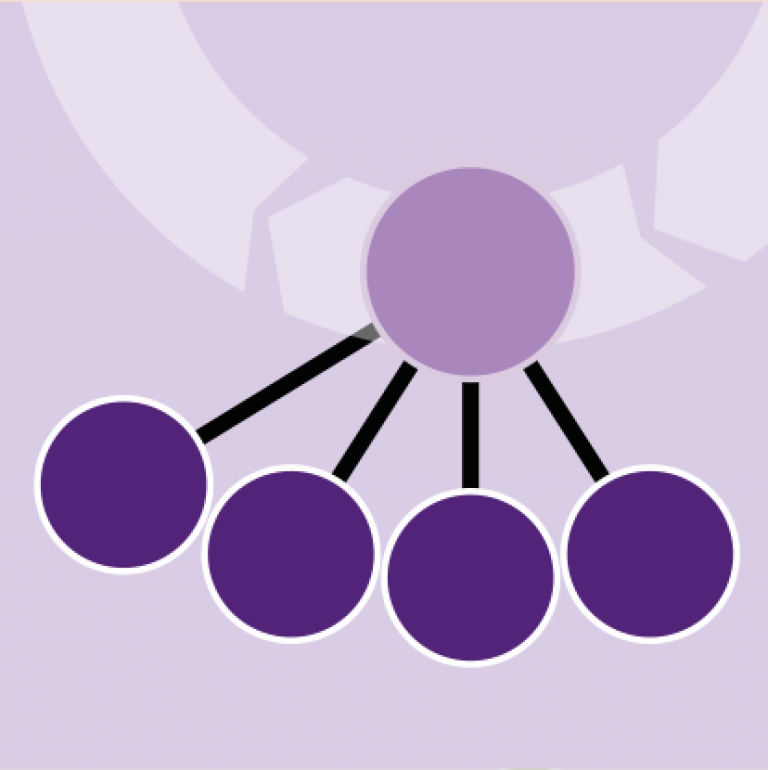Guiding personalised treatments and therapies.
Genomic profiling is a method used to understand the genetic information related to an individual person or specific cell type and the way their genes interact with each other and with the environment. Understanding the genetic changes that have taken place leads to more effective treatment strategies that are tailored to the genetic profile of each patient.
Genomic profiling can be used to find out why some people get certain diseases while others do not, or why people react in different ways to the same drug. It may also be used to help develop new ways to diagnose, treat, and prevent diseases.
Developing new diagnostic tests and biomarkers that allow the identification of the molecular cause of a disease, will ultimately support the development of novel more precisely targeted treatments. UCL has a number of research groups and services that undertake this work.
Sequencing/ bioinformatics
UCL has a number of services and departments that provide the infrastructure for sequencing and subsequent genome analysis.
GOSgene
GOSgene brings UCL Great Ormond Street Institute of Child Health research expertise to Principal Investigators (PIs) and clinicians working with congenital disorders to enable the discovery of new genes.
UCL Centre for Translational Omics
UCL has brought together a group of experts in developing and applying Omics technologies in the UCL Centre for Translational Omics. Omics technologies includes genomics, proteomics, metabolomics, lipidomics and glycomics.
UCL Genomics
UCL Genomics is a collaborative research facility with expertise in state-of-the-art genomics technologies, genomics project design and data analysis.
UCL Genetics Institute (UGI)
UGI has been established to create a world-leading centre to develop and apply biostatistical and bioinformatics to genetic research its major, although not exclusive, remit is to focus on clinical and human population genetics.
Validation
GOSgene
GOSgene provides an infrastructure and step-by-step guidance for selected projects involving linkage analysis and/or next generation sequencing (NGS). They offer a comprehensive and flexible service from clinical samples to target gene identification. GOSgene brings UCL Great Ormond Street Institute of Child Health research expertise to Principal Investigators (PIs) and clinicians working with congenital disorders to enable the discovery of new genes.
Epigenetics/Epigenomics
Epigenetics refers to the modification of DNA, protein, or RNA, resulting in changes to the function and/or regulation of these molecules, without altering their primary sequences. Epigenetic changes can switch genes on or off and determine which proteins are transcribed. UCL has a number of programs that focus on how epigenetics influence health and disease.
Genetics and Epigenetics in Health and Disease
The Genetics and Epigenetics in Health and Disease Section at the UCL Great Ormond Street Institute of Child Health focuses on disease gene discovery, the architecture of the genome, inheritance patterns and the regulation of gene expression.
Medical Genomics Research Group
The UCL Medical Genomics Laboratory has broad interests in the genomics and epigenomics of phenotypic plasticity in health and disease. In addition to genetic variations, they study epigenetic variations such as DNA methylation, histone modifications and microRNAs and how they modulate genome function.
Pharmacogenomics
Pharmacogenomics is the study of genetic variations that influence individual response to drugs.
UCL Genetic Epidemiology Group
The UCL Genetic Epidemiology Group, led by Professor Aroon Hingorani, investigates the implications (and applications) of new genetic advances for personal and public health.
 Close
Close


